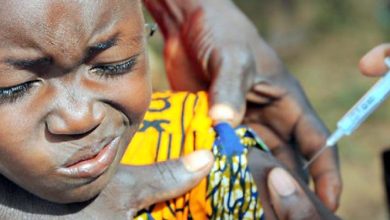The century-old call for equality resonates today

Both share an emphasis on the rights and liberties of all people.
The exhibition Kahlil Gibran Returns to New York After 100 Years is on display at the UN Center in April 2023 to celebrate the Lebanese poet and artist.
Shirin Yaseen, who is the spokesperson for the Secretary General of the United Nations said: “The Universal Declaration says that we are all born equal, and that is exactly what Gibran wrote.
The Universal Declaration begins with the provision that “All men are born free and equal in dignity and rights. They have wisdom and conscience, and they must treat each other in the spirit of brotherhood.”
“Gibran emphasized that we should all treat each other as brothers,” Ms. Yassen said.
The Lebanese poet, whose works have been translated into more than a hundred languages, clearly shows the spirit of equality in the first person, and wrote: “I love you when you bow down in your mosque, that you kneel in your temple and pray in your church. Because you and I are members of the same religion, and I am a soul.”
The UN headquarters in New York City drew artists, diplomats, and community members to a celebration marking the centennial. In April, the show, Kahlil Gibran Returns to New York After 100 Yearsillustrated photographs, notebooks, manuscripts, and original copy of Prophet.
“We are at the United Nations because Kahlil Gibran believed in peace, in human rights, in diversity and communication between civilizations,” explained Joseph Geagea, Director of the Gibran Museum in Lebanon. “He believes that as human beings, there is no difference between us; we should walk on the same level to reach the same place: a better future for everyone. “
Ms. Yassen said that family, women, love, and nature are all important parts of the poet’s work.
“You leave a legacy for future generations,” he said. “Gibran talks about people without any discrimination based on their race or religion or their color, and these are the things in the Universal Declaration of Human Rights. That is the importance of this person’s work and how important it is to the United Nations.”





